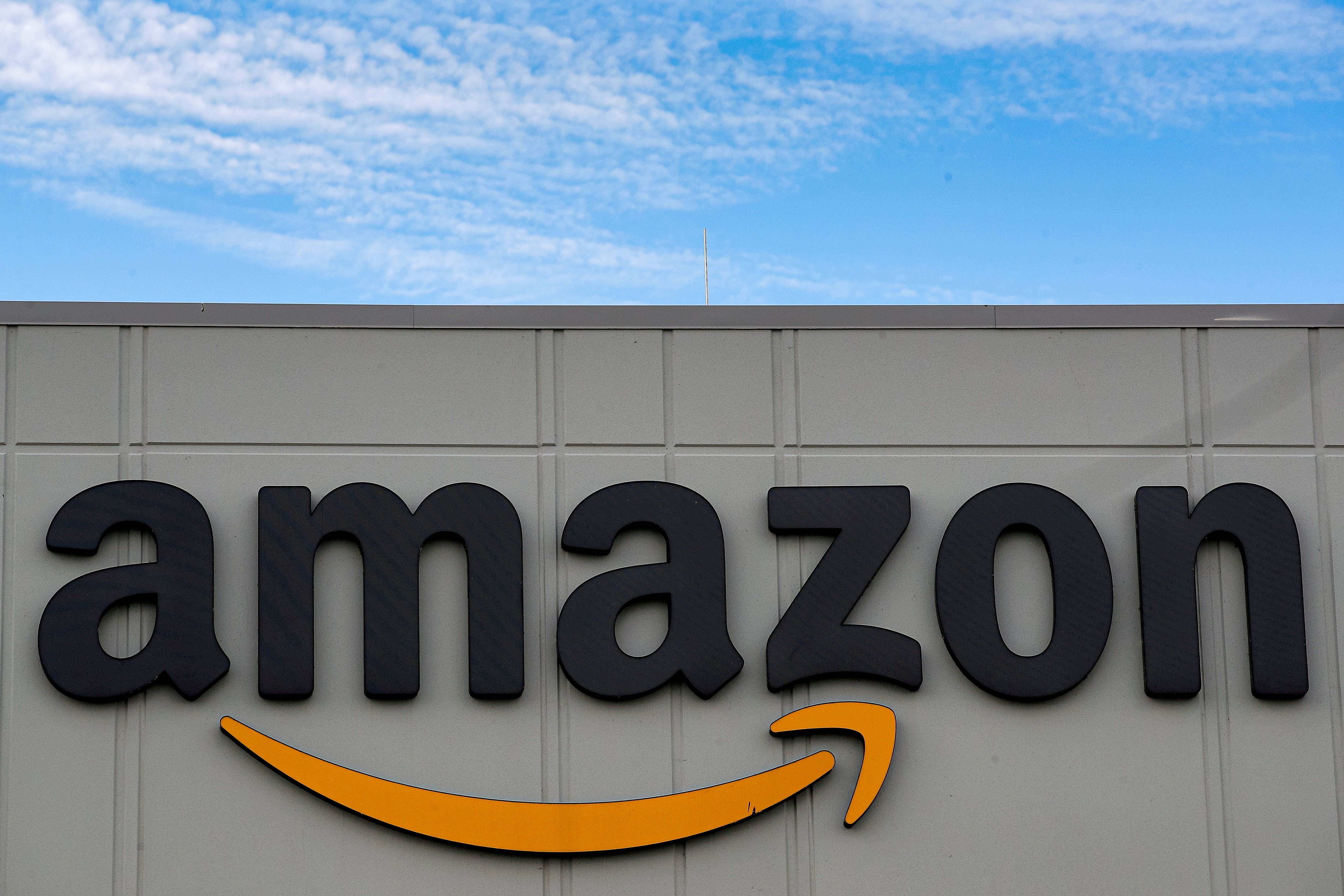Caught in the Online Consumer Web : Come Into My Parlour Said the Spider to the Fly
"It's acquiring this vast set of data that Roomba collects about people's homes.""Its obvious intent, through all the other products that it sells to consumers, is to be in your home""[And] along with the privacy issues come the antitrust issues, because it's buying market share."Ron Knox, Amazon critic, Institute for Local Self-Reliance, anti-monopoly group"It's hard to think of another organization that has so many touch points as Amazon does to an individual.""It's almost overwhelming, and it's hard to put a finger on it."Ian Greenblatt, head, tech research, J.D. Power, consumer research and data analytics"You can almost see them just trying to paint a broader picture of an individual.""It's about the inferences that they're able to draw about you specifically, and then you [are] compared to other people."Krisen Martin, professor of technology ethics, University of Notre Dame"We do not use home maps for targeted advertising and have no plans to do so.""[Customers' health information will be handled separately from all other Amazon businesses; Amazon would not share personal health information outside of One Medical for] advertising or marketing purposes of other Amazon products and services without clear permission from the customer."Lisa Levandowski, spokesperson, Amazon
 |
| The Amazon logo is seen outside its JFK8 distribution center in Staten Island, New York, U.S.. REUTERS/Brendan McDermid |
When an enterprise becomes hugely monopolistic there is no limit to what it can potentially aim for, and in the case of Amazon, the giant online retailer with wide tentacles across the world of the Internet and commerce, it has raised the shopping experience to a level never before hinted at, becoming a global colossus. Large and influential to people's acquisition options as it is, the enterprise is nowhere near the point of stagnation in growth.
The larger, and more widespread it becomes with the acquisition of other, related businesses in the effort to expand its own, the greater its grasp and its intention to use artificial intelligence and the power of dependence and algorithms to keep expanding while making the great global shopping public more dependent on the convenience of its acquaintance with intimate shopping expressions of the individual too busy to mind being manipulated.
Amazon has virtual eyes and ears everywhere, a great grasping mercantile industry whose raison d'etre appears to be ever-expanding sales opportunities unleashed by an international corporatism of greed and power over those addicted to the comfort and simplicity of online ordering of anything and everything consumers are convinced they require to get on with their lives in the 21st century. Amazon can claim it is thinking of helping its consumer base by making things easier for them through its relationship with intimate knowledge of the individual's habits.
In recent weeks, Amazon bruited about its intention to spend billions in two huge acquisitions. Approved, those greater-reach-enabling good buys will substantially broaden Amazon's presence in consumers' lives. The two areas targeted, health care through a $3.9 billion buyout of primary care company One Medical, and the "smart home" where plans to expand an already obvious presence through a $1.7 billion merger with iRobot, manufacturer of robotic Roomba vacuum.
Privacy concerns about how Amazon gathers personal data and what it plans to use it for have heightened with these two planned mergers. The most recent line of Roombas use sensors to map and remember the floor plan of a house. A feature the consumer can choose to opt out of, but few would, since it enhances the usefulness and efficiency of the robot floor cleaner.
There are estimates that indicate the retail giant controls approximately 38 percent of the U.S. e-commerce market which allows it to gather granular data on shopping preferences of millions of Americans and greater numbers worldwide. Its Echo devices housing voice assistant Alexa dominate the U.S. smart speaker market, accounting for an estimated 70 percent of sales, according to Consumer Intelligence Research Partners.
Acquired for $1 billion in 2018, Ring monitors doorsteps, helping police track down crime, even though its users may be unaware. Amazon is testing a palm-scanning technology at select Amazon and Whole Foods stores, allowing customers to pay for items by storing biometric data in the cloud, which sparks concerns over risks of a data breach. "We treat your palm signature just like other highly sensitive personal data and keep it safe using best-in-class technical and physical security controls", Amazon announced reassuringly.
Amazon's gain through collecting data is moving steadily toward achieving its primary goal of selling products. "For them, data is all about getting you to buy more and be locked into their stuff", remarked Alex Harman, director of competition policy at the anti-monopoly group Economic Security Project.
Labels: Acquisitions, Amazon, Customer Intimacy Data, iRobot, Monopolistic Mercantilism, One Medical
0 Comments:
Post a Comment
<< Home